Many readers would be aware of the recent passing of Ray Evans. Ray’s funeral service was held last Friday at the Anglican Parish of Christ Church, Brunswick. Ray’s children spoke glowingly of their father and Jill their mother, Ray’s widow. Senator-elect Bob Day and Hugh Morgan delivered excellent eulogies and reminded a large gathering of mourners of Ray’s steadfast work for the cause of liberty and honest public policy. In particular, his work through numerous policy groups, most notably the H.R. Nicholls Society and the Bennelong Society, where I was privileged to have volunteered with Ray and Peter Howson, Des Moore and others for a decade.
I remember bumping into Ray and Jill in Washington DC in 2002 quite by accident. Neither was aware of the other’s presence in DC. He attended a seminar I gave at the Competitive Enterprise Institute on NGOs. Ray invited me to church, I don’t think that he realised that I was a lapsed Anglican, and we attended what was surely the most conservative Anglican church in the US, incense and all.
The struggle goes on comrades! I am pleased to announce that a group of like-minded enthusiasts has established a new liberty-loving think-tank in Brisbane, the Australian Institute for Progress.
It should complement Melbourne’s Institute of Public Affairs and Sydney’s Centre for Independent Studies, which have been flying the flag for decades. Then again, a little bit of friendly competition does no harm. Watch out John Roskam and Greg Lindsay! Brisbane feels grown up enough to gather right-thinking people, and goodness knows the political class needs it.
So what about the AIP? Well, the board and fellows will be announced soon and we will issue a statement on the meaning of progress and the desire to reclaim ground from so-called ‘progressives’. But I can reveal here a few things about us. Our core belief is that human ingenuity is indomitable and lies at the heart of human progress. We will concentrate on some areas not well appreciated in public policy on the Right. We believe that nation states and democratically elected governments are among humanity’s greatest achievements and that democratic nations are a haven for their people and the mainstay of a peaceful world. And we believe that Australia is a beacon of liberal democracy, particularly in the Asia-Pacific region.
The AIP will engage with like-minded citizens and fellow think-tanks in the region to spread the ideals and practice of liberal democratic government. We will contribute to debate by enabling the publication of evidence-based discussion and policy papers, conduct seminars, participate in forums and engage debate in the media. Finally, the AIP will be funded through membership, donations and consultancies, so any supporters should contact me at garytjohns@gmail.com.
I have been a busy bee in the last couple of years, and as a consequence two new books are about to emerge from the Connor Court publishing factory, which has published over 120 commercial titles in just eight years. Anthony Cappello has been a tower of strength in those years. An edited book Recognise What? calls to account the Aboriginal industry’s outrageous ploy of recognising Aboriginal culture in the Australian Constitution. The book is an extension of the discussion, which commenced as a paper, ‘History Yes, Culture No’, presented at the 2013 Samuel Griffith Society conference. Not all of my old Bennelong colleagues agree, but I see no harm in recognising a historical truth, that Aborigines were here first. I have no doubt, however, that the Aboriginal industry will regard this minimalist position as an insult. They have bigger plans to fit their egos. The book contains more than a dozen short essays, including four from prominent Australian Aboriginal activists who are not in favour of Constitutional recognition beyond a statement of historical fact, set aside in a preamble. The conversation we have to have has already started at recognisewhat.org.au where eight of the contributors are jousting the Aboriginal recognition industry.
A second book, The Charity Ball: How To Dance to the Donor’s Tune, will be released later in the year. Readers will be surprised by what constitutes charitable organisations in Australia and how little charitable work many undertake. Too many are government sub-contractors and too many spend too much time lobbying government for more money — hence the charity ball. No politician will set rules on these matters, so the sector will have to set itself straight. As the Abbott government moves to abolish the Australian Charities and Not-for-Profits Commission the need for a privately funded ‘charity-rating’ or ‘donor-informing’ agency will be greater than ever.
The book argues the case for lowering the cost for donors to find relevant information about charity performance. It is a significant venture. A new not-for-profit company, DonorInform Limited, has been established to promote the cause of better access to charity performance data. Fellow directors Cassandra Wilkinson and John Humphreys are on the job with me and are on the lookout for venture capital or philanthropic support. Indeed, what better donation than to support better information for donors to assess and compare the performance of all charities?
Got something to add? Join the discussion and comment below.
Get 10 issues for just $10
Subscribe to The Spectator Australia today for the next 10 magazine issues, plus full online access, for just $10.
You might disagree with half of it, but you’ll enjoy reading all of it. Try your first month for free, then just $2 a week for the remainder of your first year.

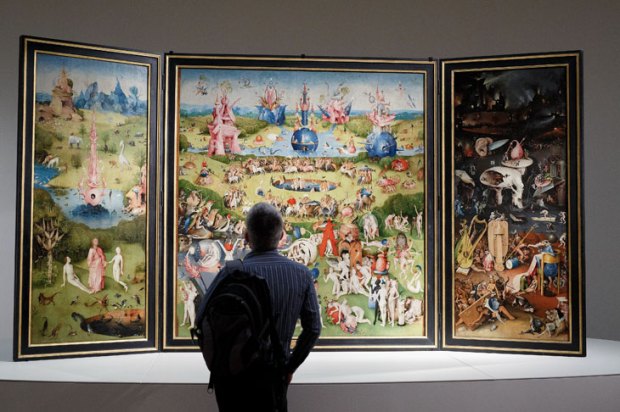

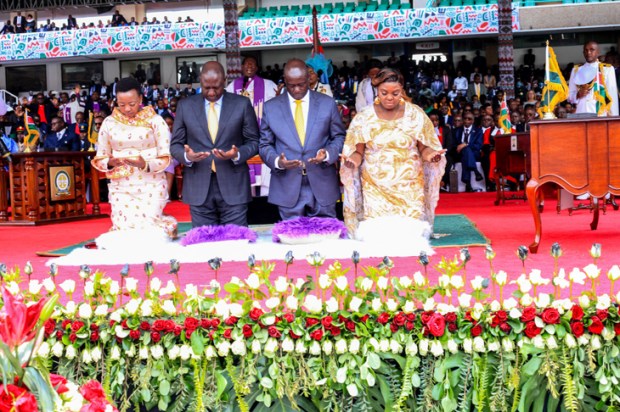
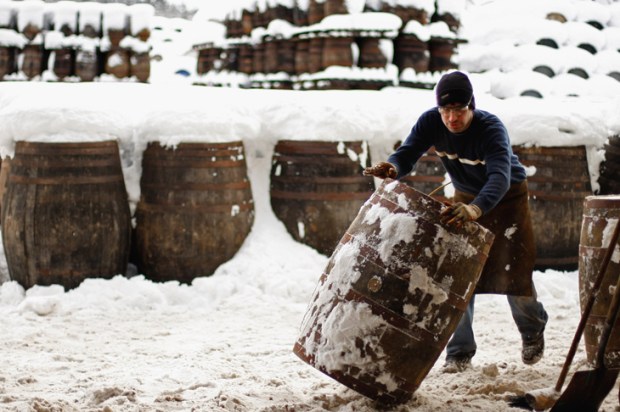
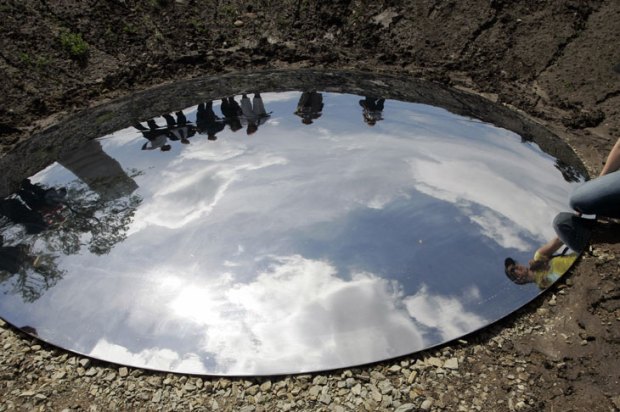
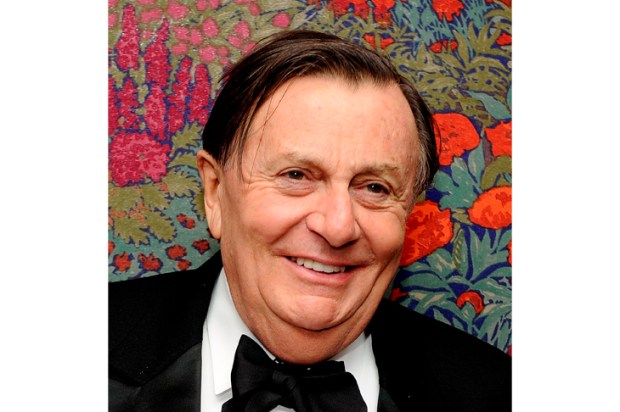






Comments
Don't miss out
Join the conversation with other Spectator Australia readers. Subscribe to leave a comment.
SUBSCRIBEAlready a subscriber? Log in